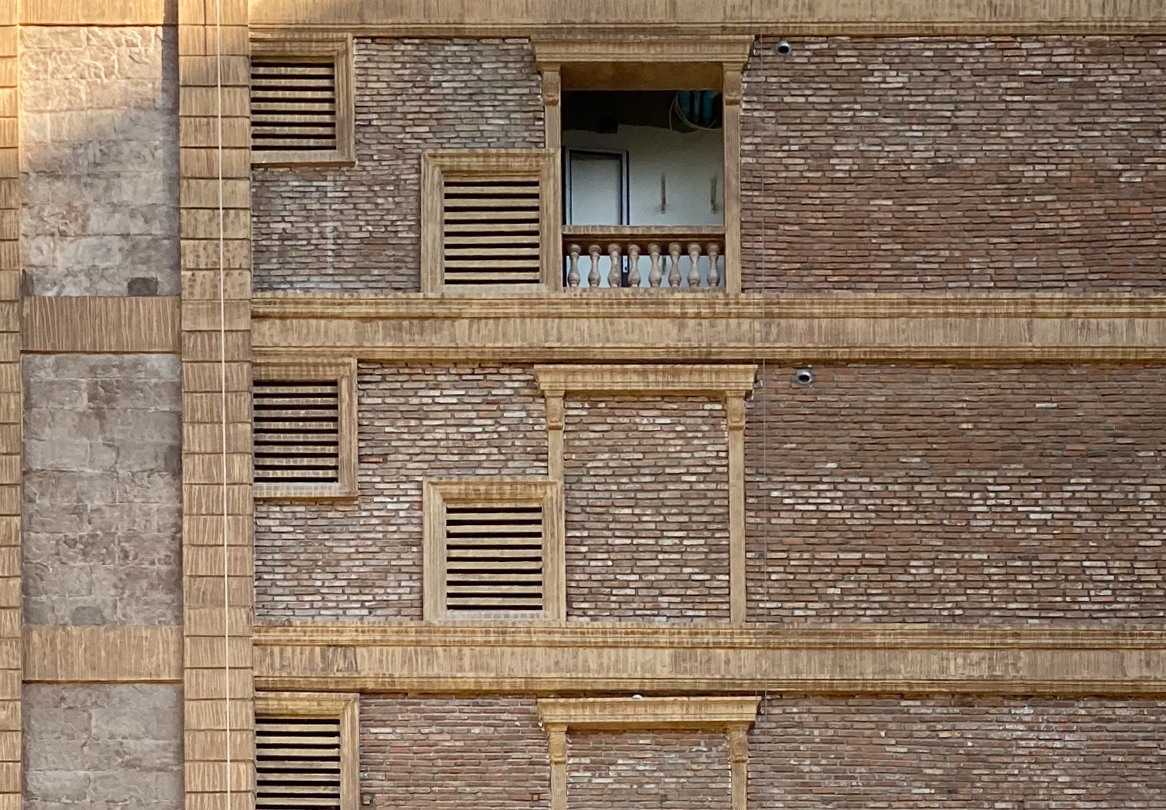Detention monitors can tackle prison corruption by identifying types, improving monitoring, documenting evidence, and developing advocacy recommendations. This supports evidence-based policies to reduce corruption and protect human rights.

Featured content
From the blog
Latest publications
Learning and Events
Webinar
Strengthening business compliance with anti-corruption and human rights
Practical examples and insights on how businesses can integrate anti-corruption and human rights principles to create frameworks that reinforce…
24 October 2024
Register
Online course
Gestion du risque de corruption
Cours de 2 semaines dirigé par des experts.
Apprenez les principes de base de la gestion des risques de corruption.
Ce cours permet aux praticiens…
26 October 2024
Register
Register
Workshop
Egypt – Aid effectiveness
11 December 2024
Register
Become a partner

Online training
We offer dynamic and time-efficient online courses. Be confident with anti-corruption initiatives in your work.

Workshop events
Our team can help bring momentum to processes. We gather different actors for informed discussions.

Helpdesk for partners
Send in your corruption-related questions about development programmes, sectors, or countries. A free research service.
Browse our topics
Anti-corruption agencies
How to assess and improve anti-corruption institutions' performance.
Updated 17 October 2023
Anti-corruption basics
Read about the conditions that facilitate corruption and the general implications for development programming.
Updated 16 April 2024
Anti-corruption courts
Find information on why we may need specialised anti-corruption courts including possible designs and performance analyses.
Updated 18 October 2023
Auditing and financial control
Auditing and controls are essential parts of public financial management. Supreme Audit Institutions play a visible role, and support to strengthen…
Updated 28 October 2021
Budget process
Government income and expenditure are determined and allocated in the budget process. This process is usually divided into four or five stages, and…
Updated 28 October 2021
Civil society
People at large can play an important role in holding power to account and addressing problems of corruption.
Updated 23 August 2024












